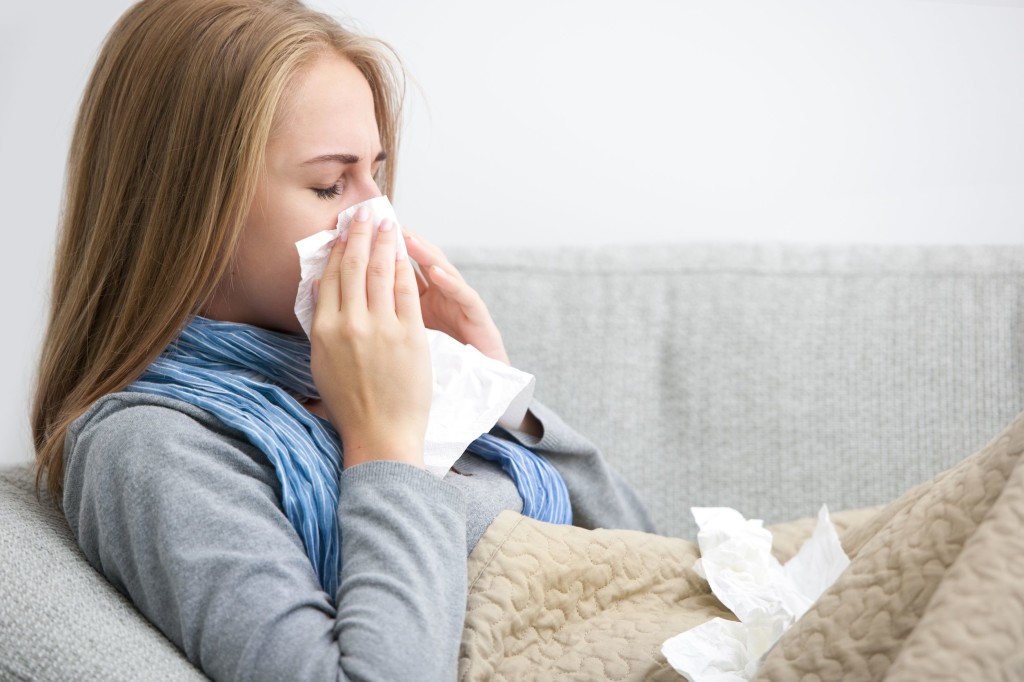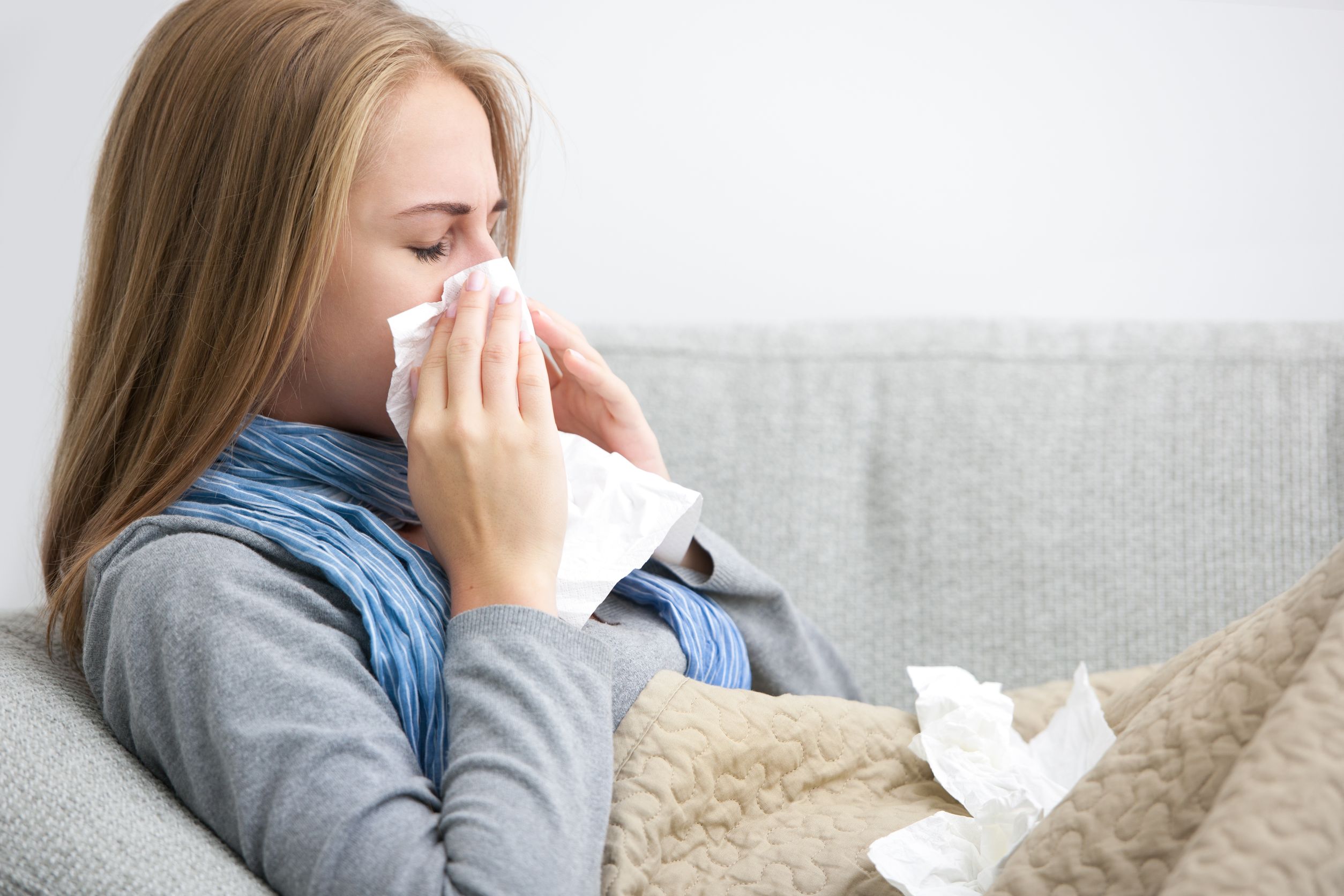Allergies occur as a result of the immune system overreacting to foreign substances such as; pollen, pet dander, bee venom, that do not cause any reactions in most people.
What causes allergies?
A person’s immune system produces antibodies. Some of these antibodies are responsible for protecting your body from disease causing micro-organisms. For allergic people, the immune system produces antibodies that identify a certain allergen (allergy causing particle) as harmful when it really isn’t. When the person comes into contact with this allergen, their immune system reacts in a way that can cause inflammation of the skin, airways, sinuses or the digestive system. The severity varies from person to person.

Who gets allergies?
The risk of developing an allergy begins in the genes. While you cannot inherit a specific allergy, you can inherit the tendency towards developing allergies. Scientists have found that for a child with one parent who has an allergy, there is a chance (33%) of developing a certain allergy. The chances are even higher if both parents are allergic standing at 70%.
Just because you are predisposed as a result of your genetic composition does not guarantee that you will develop an allergy. Even people who are most prone to allergies do not become allergic to everything. Potential allergens will only trigger reactions if the circumstances are just right.
Scientists are yet to know the exact cause of allergy development, but there are strong indications that the current state of your health might have something to do with it. For example, a patient who is exposed to an allergen when they are weak, say, after a major viral infection, will have a higher probability of becoming allergic to that allergen.
How do allergies start?
All allergies start with exposure. Even after inhaling an allergen several times previously without any trouble, at a point, for some unknown reason, your body identifies it as an attack. Throughout this exposure, your immune system studies this allergen. It prepares for the next time it is exposed by developing antibodies — these are specially designated cells produced to detect consequent invasions. Once this has happened, you become “sensitized” to that particular allergen.
The next time your body is exposed to this allergen, your immune system will be alert. The antibodies created will identify this intrusion and trigger the activation of other special cells referred to as mast cells. These are the cells responsible for the allergy symptoms that present themselves in the lungs, the nose’s lining, skin, and the intestinal tract.
The mast cells will burst open and flood your system with infection-fighting chemicals like histamine. These are the chemicals that cause allergic symptoms such as swelling. Swelling in the nasal passage may result in a runny nose. If your airwaves swell, it could result in asthma symptoms.
The level of exposure also matters. There is usually a threshold for the level of exposure your body can take before reacting. For example: you may be allergic to strawberries and not show any allergic reaction after consuming one or two. But immediately you eat more than two, your allergy starts acting up. If your ehic has expired, complete your ehic renewal and get your allergies checked out by a qualified physician.

Leave a Reply
You must be logged in to post a comment.